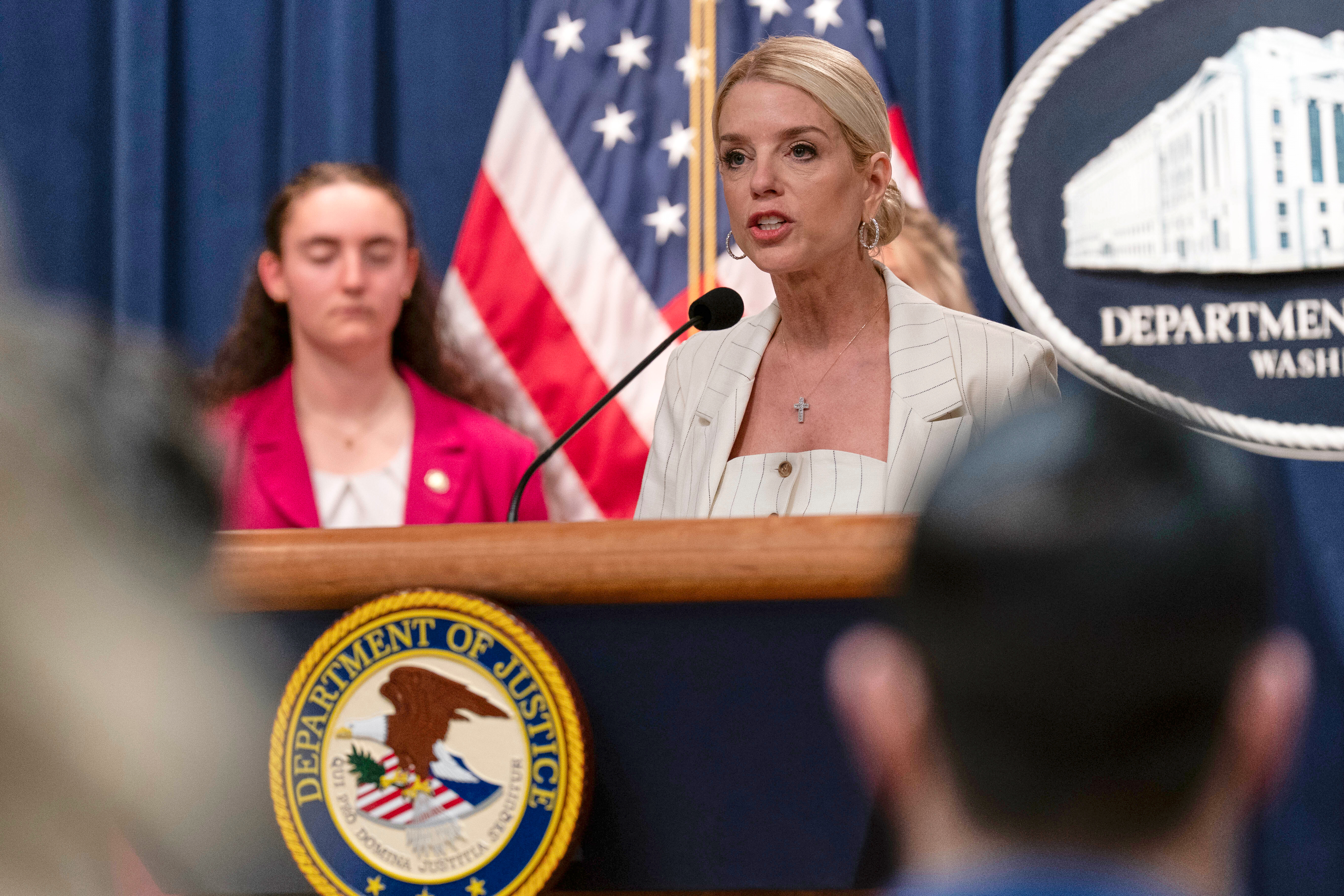Americans picked up their spending a bit in August from July even as surging inflation on household necessities like rent and food took a toll on family budgets.
U.S. retail sales rose an unexpected 0.3% last month after falling 0.4% in July, the Commerce Department said Thursday. Excluding business at gas stations, sales rose 0.8%.
Sales at grocery stores rose 0.5% , helped by rising prices in food.
There was, however, weakening in some areas of discretionary spending with Americans fully aware of inflation's bite. Businessat restaurants ticked up 1.1%, but the pace has slowed. Sales at furniture stores fell 1.3%. Online sales fell 0.7% last month after Amazon's Prime Day boosted e-commerce sales in July.
"Retailers would probably like to be growing more, especially relative to inflation, but I'm not sure they could realistically hope for much more," said Ted Rossman, senior industry analyst at Bankrate.com. "Consumer spending habits are changing as the pandemic continues to recede and inflation remains high."
Consumer spending accounts for nearly 70% of U.S. economic activity and Americans have remained mostly resilient even with inflation near four-decade highs. Yet surging prices for everything from mortgages to milk have upped the anxiety level. Overall spending has slowed and shifted increasingly toward necessities like food, while spending on electronics, furniture, new clothes and other non-necessities has faded.
On Thursday, it appeared that the U.S. dodged a national freight rail strike, which could have sent retail prices higher.
Still, inflation remains stubbornly high. Lower gas costs slowed U.S. inflation for a second straight month in August, but most other prices across the economy kept going up — evidence that inflation remains a heavy load for American households.
Consumer prices rose 8.3% from a year earlier and 0.1% from July. But the jump in "core" prices, which exclude volatile food and energy costs, was especially worrisome. It outpaced expectations and sparked fear that the Federal Reserve will increase interest rates more aggressively and raise the risk of a recession.
The government's monthly report on retail sales covers about a third of all consumer purchases and doesn't include spending on most services, ranging from plane fares and apartment rents to movie tickets and doctor visits. In recent months, Americans have been shifting their purchases away from physical goods and more toward travel, hotel stays and plane trips as the threat of the virus fades.
Additional reporting by The Associated Press.









